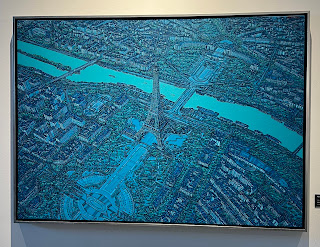Religious Calendars and New Year Traditions in Turkey….
Orthodox Christians traditionally exchange gifts on St. Nicholas Day (19 December) or during the New Year celebrations. While they use the Gregorian calendar in daily life, their religious observances follow the Julian calendar.
Throughout history, the timing of New Year celebrations has varied across cultures. Ancient Armenians marked the New Year on 21 March, during the spring equinox, in the month of Areg—the first month of the Armenian calendar. Today, New Year’s Day is celebrated on 1 January. In contrast, the Jewish calendar observes Rosh Hashanah, which begins at sunset and falls on the evening of 29 September.
In the Christian world, calendar differences influence the dates of religious holidays. Christians who follow the Gregorian calendar celebrate Epiphany on 6 January, whereas those adhering to the Julian calendar observe it on 19 January. On Büyükada, Prince islands in Turkey, Christmas celebrations are limited to the San Pasifico Latin Church.
Protestants and members of other denominations often avoid entering Catholic churches, possibly due to a fear of being influenced by the grandeur of the interiors. However, as secular Turks, we have no such concerns. We light candles, open our hands in prayer, and wish for the well-being of our loved ones according to our own beliefs.
Christmas in the Shadow of Lights
Last night’s pre-Christmas service at St. Anthony’s Church in Beyoğlu was captivating. Arabic Christmas hymns played inside, and just last week, İstiklal Avenue was vibrant with colourful festive lights, creating an uplifting atmosphere. However, this week, for reasons dictated by an unknown political decision, the street decorations were abruptly removed, dampening the festive mood.
In contrast, areas like Kadıköy Market, Bahariye, Caddebostan, Bağdat Avenue, Kartal, and Pendik remain adorned with sparkling street decorations.
Intercultural Tolerance
The interference of religious rituals with innocent festivities is often a topic of debate. For instance, in Magdeburg, Germany, a Saudi doctor misused the freedoms unavailable in his own country to create a public disturbance, serving as a thought-provoking example. Such incidents underscore the importance of intercultural harmony and mutual respect.
Büyükada, 22 December 2024





